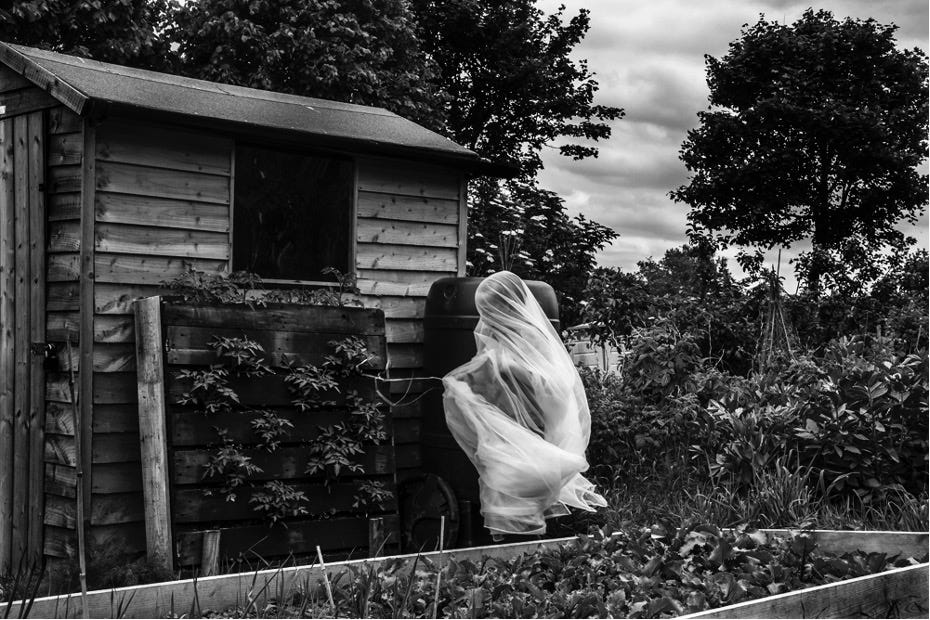"Robert's work is an engaging beacon. Be provoked and nourished by it"
Claudio Munoz
We are on our way to reaching the halfway mark. Thank you to the 25 people who have bought the book so far.
"This beautiful book is a gift to the world and needs to be seen by more people."
Darren Abrahams
Buy TRANSIENT LIGHT-FLEETING TIME for £20 (rather than the published price of £30) and be part of this publishing community that ensures this beautifully printed hard back book sees the light of day.
Please go here to see more.
This week I have decided to offer another essay from the book TRANSIENT LIGHT, FLEETING TIME. While the essays are based in photography, they are of interest to performers, musicians, writers, poets, film-makers because the processes I examine are also engaged by other creative people.
ESSAY 4
The psychoanalyst Karl Jung said, “to discover oneself, one must be willing to ask questions. One must be truly curious.” He also said, “the first question must be, “What is the first question I must ask”? Hence for me it became, ‘why photograph?’
In the process of answering this, I began to realize what there was to photograph. It also led me to recognize things I cared about and therefore I began to see underlying themes in my work and those themes I wished to be involved in. Eventually I began to understand the those themes were a reflection of my core values which were a reflection of my moral system.
Perhaps it was youthful romance, as I longed to escape my background to encounter a bigger more exciting world. My first memory of deciding I wanted to be a photojournalist was when looking at photographs in LIFE magazine from the Battle for the South Pacific during World War Two, by W. Eugene Smith. I imagined that I too could travel the world, exposing bad things, naively believing that to do so would help others to see and then right the wrongs I would reveal.
Whatever my motivations were, the answers to ‘why photograph’ were linked to what content I wished to explore. That invariably begged the question: ‘what was there for me to photograph?
Now, when I concentrate enough, I become aware of the qualities of people, places, things and events. For whatever limitations of youthful testosterone and ego, I none the less struggled to be able to see more and appreciate more. The older I get, the more aware I become of the complex and rich universe within which I live. Now there seems to be so much more to encounter and to tell stories about, so the ‘why’ and the ‘what’ lead to the ‘how’. The how, is a question of style but also of morality, more of which emerges in Style, Essay 30.



